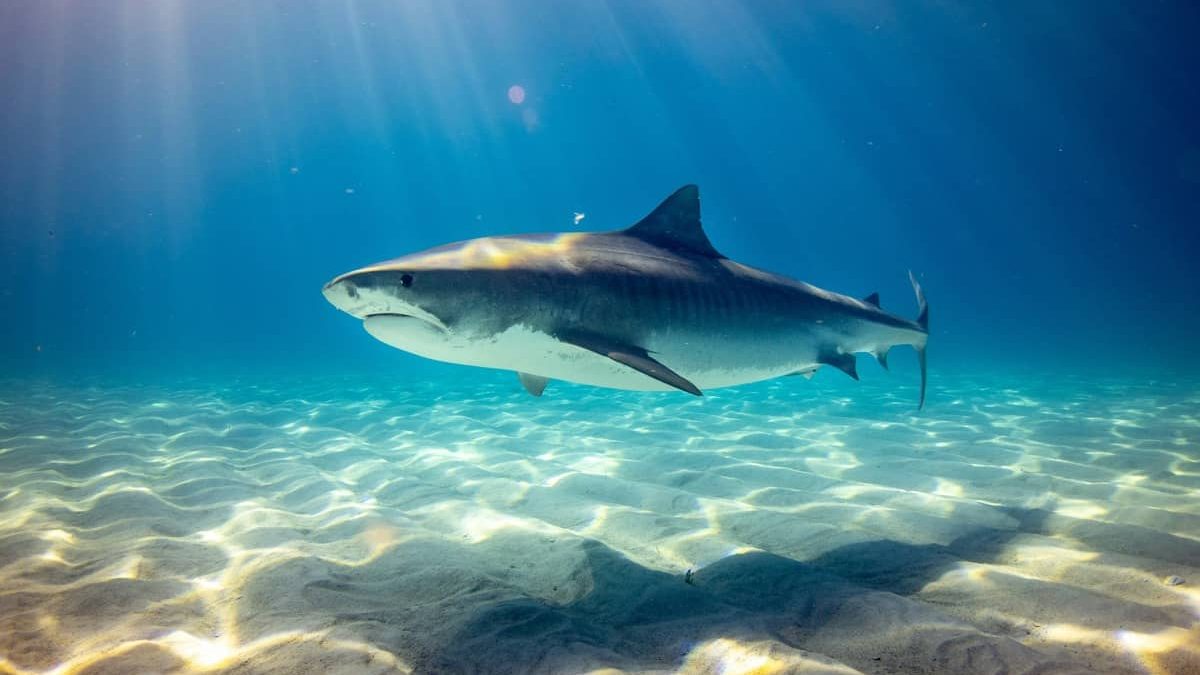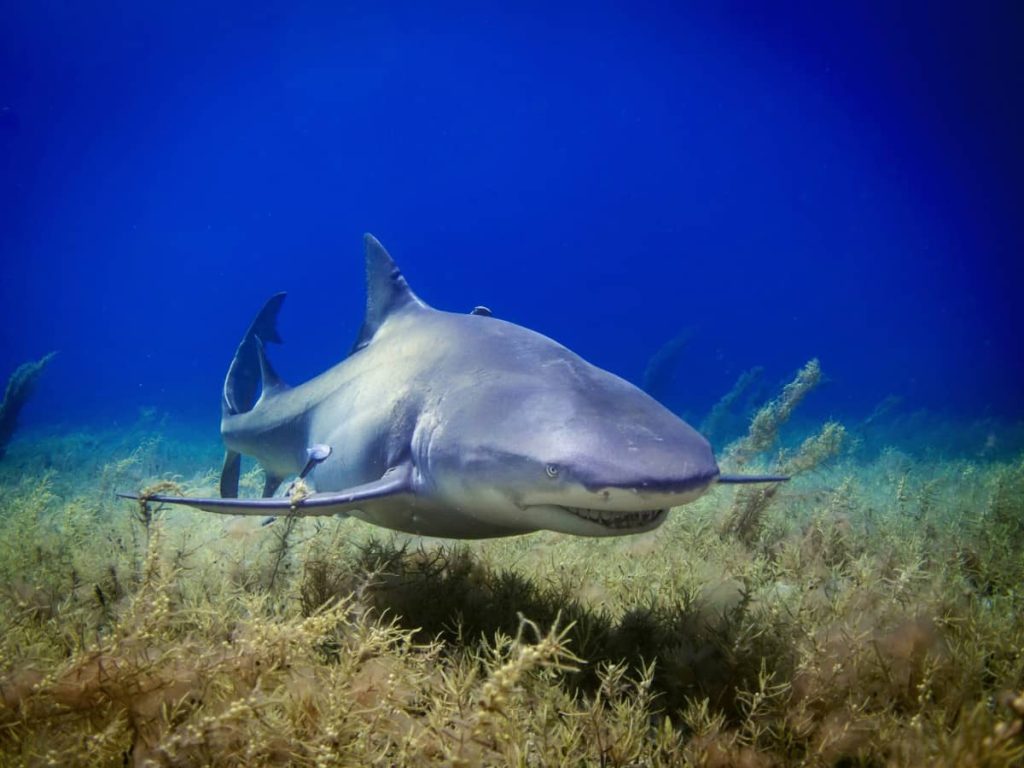
Where Do Sharks Sleep?
Do Sharks Even Sleep?
Sharks, with their sleek bodies and razor-sharp teeth, are often portrayed as relentless hunters. But do these underwater predators ever take a break? The answer, like many things in the shark world, is a bit complex.
Where Do Sharks Sleep at Night?
Unlike most animals, sharks don’t enter a deep sleep state we typically recognize. This is because many shark species rely on constant water flow over their gills to extract oxygen. Stopping this flow could be fatal. So, how do they get their rest?
- Active Rest: Some sharks, like whale sharks and basking sharks, may engage in a form of “active rest.” They’ll remain motionless in the water column, but their brains show reduced activity, suggesting a period of rest.
- Bottom Dwelling Rest: Bottom-dwelling sharks, such as nurse sharks and lemon sharks, have been observed lying motionless on the ocean floor or resting in caves. However, they might still be alert to their surroundings.
- Diel Vertical Movement: Some shark species, like shortfin makos and blue sharks, exhibit a behavior called “diel vertical movement.” They spend the day at deeper depths and move closer to the surface at night. This might be related to finding food or avoiding predators, but it could also involve a period of rest in the deeper, calmer water.
Where Do Wild Sharks Rest?
The specific location where a shark rests depends on the species and its behavior:
- Open Ocean: Pelagic sharks, like oceanic whitetip sharks and blue sharks, might rest while drifting in the open water column.
- Ocean Floor: Bottom-dwelling sharks will typically rest on the seabed in areas like reefs, rock formations, or sandy flats.
- Underwater Caves and Crevices: Some shark species might seek shelter within caves or crevices for resting, especially during the day.

Do Shark Sleeping Habits Change in Winter?
Since sharks are cold-blooded animals, their body temperature fluctuates with the environment. However, most sharks don’t experience significant seasonal changes in their habitat temperatures. Therefore, their resting habits likely remain fairly consistent throughout the year.
Interesting Facts About Shark Rest
Here are some intriguing tidbits about how sharks catch their nightly (or sometimes daily) rest:
- Eyelid Variations: Contrary to popular belief, some sharks do have eyelids! However, they don’t use them for sleep in the same way humans do. Some species might close their nictitating membrane, a secondary eyelid, while resting.
- Brain Activity During Rest: While some shark species show reduced brain activity during rest periods, others might maintain some level of alertness, ready to respond to potential threats.
- Vulnerability During Rest: While resting, sharks might be more vulnerable to predators. This is why some species choose safe havens like caves or rest in groups for a layer of protection.
The Importance of Rest for Sharks
Even though sharks don’t sleep in the traditional sense, getting adequate rest is still crucial for their well-being. Resting periods allow them to conserve energy, regulate body temperature, and potentially repair tissues.
Conclusion
While sharks might not slumber like other animals, their unique resting behaviors offer a glimpse into their complex biology. From active rest in the open water to motionless periods on the ocean floor, sharks have adapted various strategies to get the rest they need to thrive in the vast underwater world. Understanding these resting habits is essential for the conservation of these magnificent creatures.


